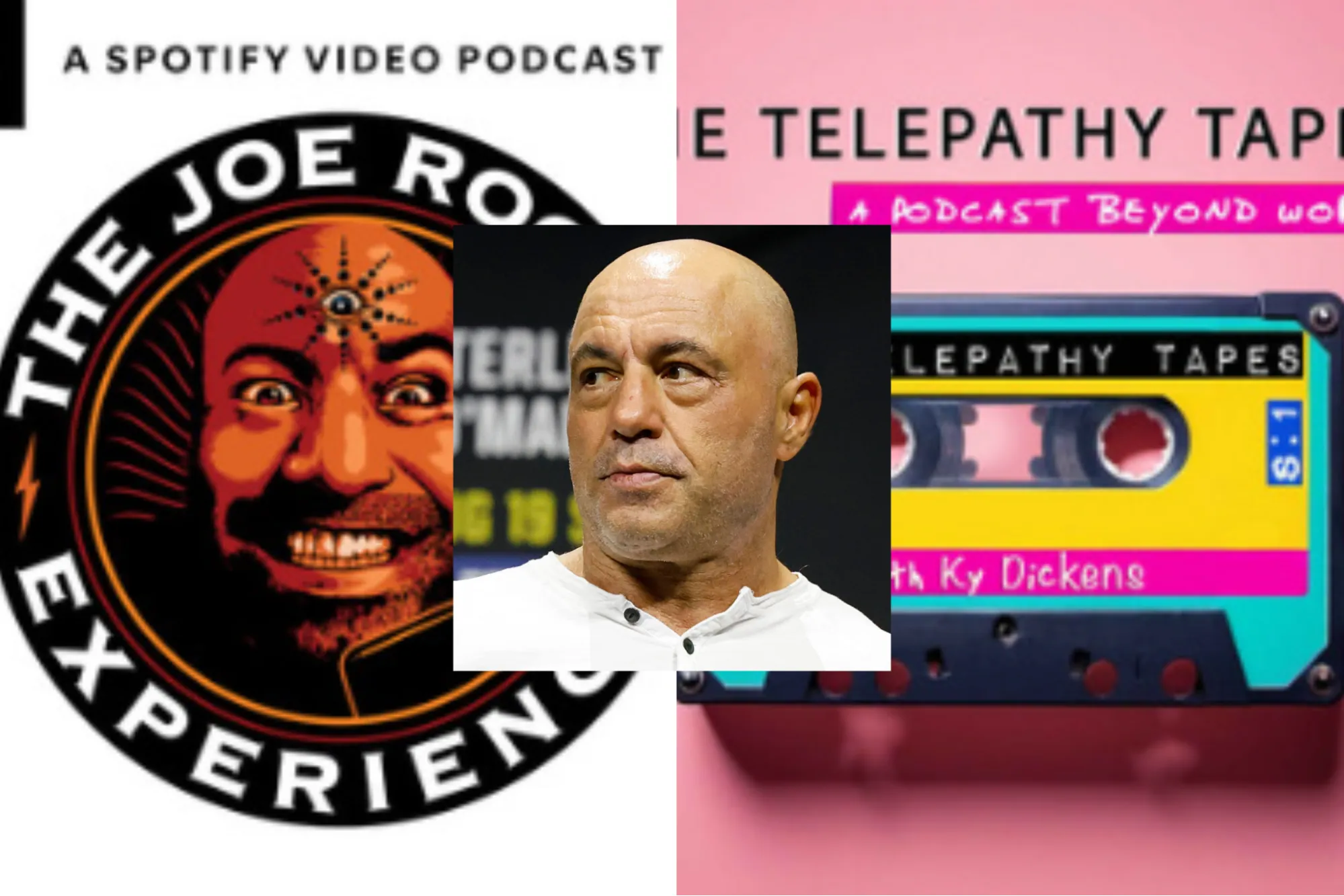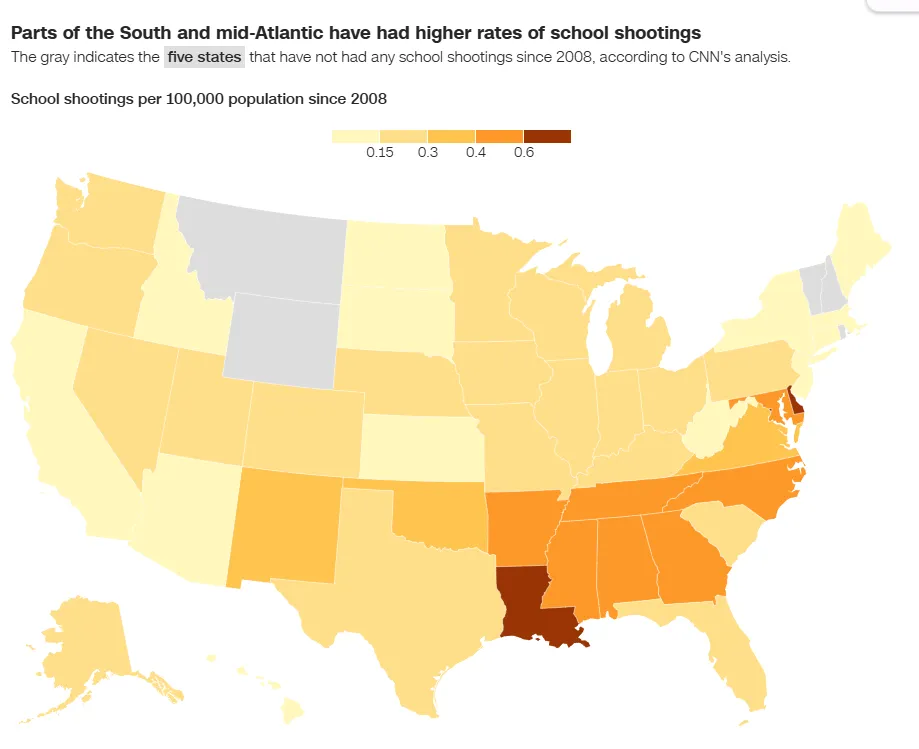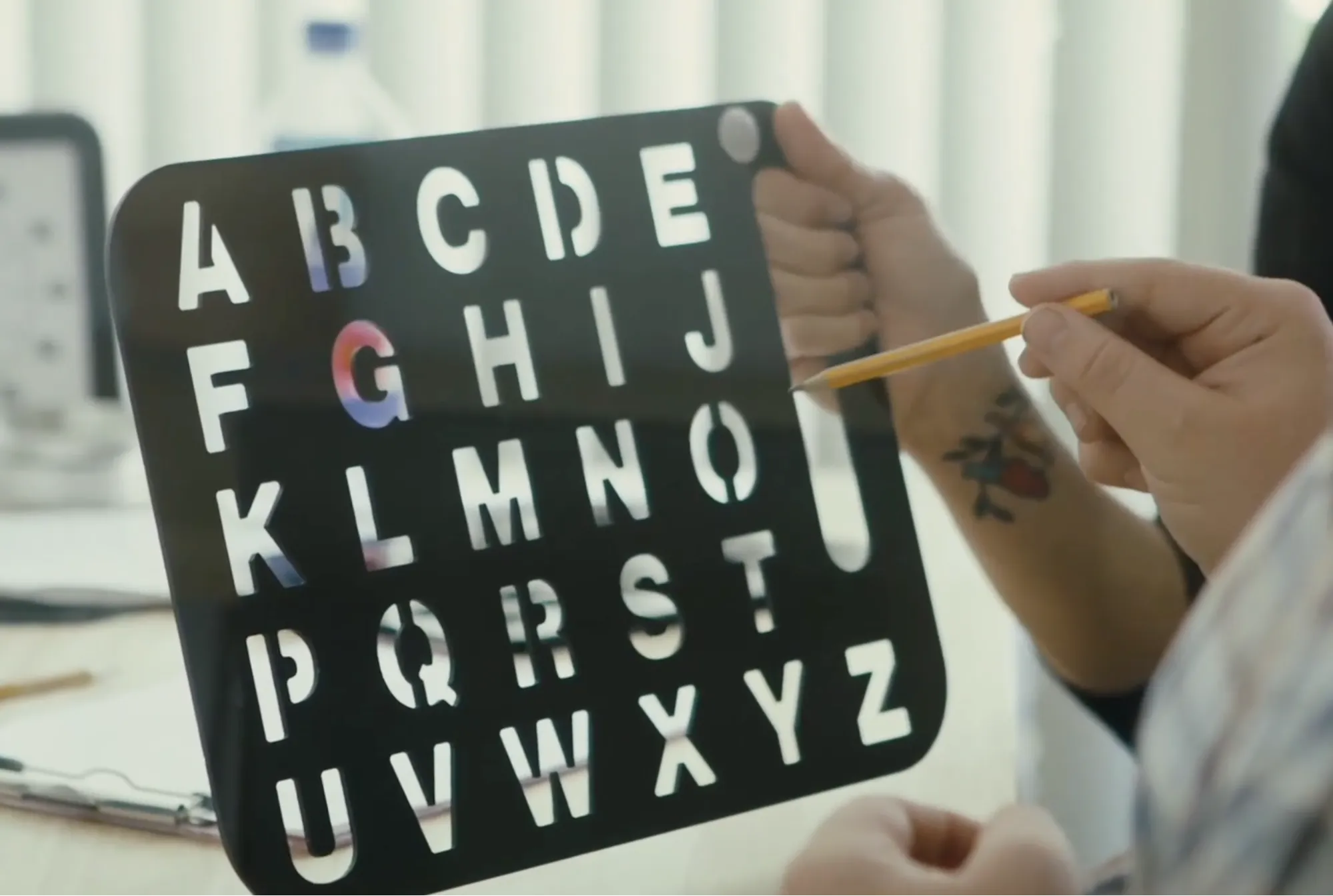Wham, Bam, Autism scams: The Telepathy Tapes Part 2
Bronwyn Rideout - 18th August 2025

The podcast briefly unseated Joe Rogan in podcast rankings and, even more problematically, has fuelled an industry of psychics and shysters who claim that they can teach you to go to The Hill; a nebulous channel where these talented children go to connect with each other. What The Hill is changes depending on who you speak to. One family claims it’s more of a CB channel that can only be accessed once a day, others claim it’s a place on the astral plane that even non-autistics can access.
In part 2, I explore episodes 5-7 of season 1 of the Telepathy Tapes. Be ready to be dismayed.
Episode 5 profiles several teachers of Autistic students who claim to have witnessed telepathic abilities in the classroom. The first teacher, Mary Anne Harrington, is portrayed as preceding Dr. Powell’s research by 4 decades, videotaping her own experiments back in the 1980s. Of course, the audio could be convincing, but without the accompanying video it is essentially useless as evidence. Given the timeline of Harrington’s activities, it would be natural to question whether she is just another facilitated communication (FC) holdout. According to multiple posts on her Medium blog, it would seem so:
“My non-speakers and informal research subjects demonstrated extrasensory capabilities what current literature overlooked. Initially, they trained me, in 1987, by putting their hand on top of mine to draw and print. By 1991 Facilitated Communication became popular. My questions over the years about hearing the words as or before they were typed were dismissed as anticipatory thoughts. Mentioning telepathy or mind reading was taboo. Concerns regarding the possible influence from the thoughts and biases of communication partner were ignored.”
The podcast fails to mention this aspect of Mary Anne’s history, or that her own words imply that she has more control over the output than permitted by standard FC practices. There is a small comfort that Mary Anne is now retired, but that does not mean she is in full retirement mode, as she continues to volunteer with the families of her former students. Such blurred lines in the teacher-student relationship mean that several families are either enduring the woo in exchange for some degree of respite/support for their children, or they are so enmeshed that contradictory evidence or education has little chance of getting through.
The need to believe that others see something special in your children is demonstrated in a story shared by “Casey”. Casey is employed in a school that works specifically with non-speaking autistic children. She attempted to demonstrate to a parent that her child was telepathic, but the child became so dysregulated that he couldn’t sit and spell. But in the end it didn’t matter, because the mother was so grateful to hear the affirmation that her child had an extraordinary ability. When the mother and Casey approached the principal with this revelation, their response was surprisingly chill. The principal was allegedly aware of this phenomenon, and was keeping a list of children who may have telepathic aptitude. I would love to be incredulous of this story and imagine that the principal was actually keeping a list of teachers or support workers to monitor, but I can easily believe that the principal would be willing to cater to a parent who might be paying a hefty tuition fee.
The younger teachers interviewed for this episode do refer to their students typing. Dickens continues to take great pains to keep facilitated communication out of the conversation, but all of the problems are still there. Interviewees continue to mistake their anticipatory thoughts as two-way telepathic communications with the children. Far from light-hearted, it is incredibly egotistical and lends itself to a perceived intimacy that should disqualify some from being in a classroom. But Dickens stirs the pot and spoils the broth a bit by claiming that we need to approach it with open-minded skepticism; what she’s missing, though, is that if one was truly skeptical, then one would be asking uncomfortable questions.
I’m guessing she forgot the scientific method, the various awards for proof of the paranormal, and the fact that the uncomfortable questions have already been asked.
Another of Dickens’ contributors in the episode, Jes Kerzen, further typifies the crossed boundaries. Kerzen was a teacher at a school for children with speech and/or language difficulties in England in the late 1980s. She claims to have heard the thoughts of at least one student, called Asher. Asher would be an adult in his 30s by now, and while Kerzen has written a book about her experience, the timeline for her relationship with Asher is unclear. Kerzen claims that when Asher’s mother was diagnosed with cancer, she took on a caregiving role for his family by babysitting him, and by helping his mother in her final days.
Episode 6 tries but fails to convince us that there is scientific evidence for ESP. Katrina wrote about quantum entanglement in the previous newsletter, which is discussed in this instalment. Other pseudoscientific ideas, especially animal telepathy, are presented, and Dickens has finally found someone, Dr. Sheldrake, to claim that many scientists treat materialism as a fundamentalist religion.

In episode 7, Dickens starts pushing the thesis of the podcast into other areas of the supernatural. This is the episode in which we meet Maura and her daughter Amelia. It was Amelia, whom I quoted in my last article, who was struggling with nightly chats with sundry deities. Amelia types on her iPad to communicate, but we don’t get to see what happens when she is typing, or whether the people around her are cueing, like Akhil’s mother appears to. Unlike Akhil, Amelia has multiple people outside of her family who are invested in this phenomenon, including at least three therapists and a paraprofessional who works with Amelia at school. As a result, Amelia’s abilities appear more expansive, as she has allegedly communicated in multiple languages (that her parents don’t speak), and can retell events from the lives of multiple individuals. However, Dickens failed to confirm with the various facilitators/therapists what languages they can speak/write.
“And she will say that she’s being told things that are going to happen and then they actually do happen. She knew that a boy in the South was going to kill children and that he was going to be killed by the police. And she typed that all out completely on her own.”
Sounds convincing, but if this was the level of detail given, then it’s also tremendously vague. This year in the US, there have been 33 school shootings, with 14 of them at K-12 schools that have left 15 people dead. The guess of a southern state as a location also isn’t a bad guess, given the rate of shootings per 100,000. However, don’t let the graphic below fool you; according to CNN, Texas has had the most shootings overall since 2008 at 66.

Much like Hudson in the third episode, Amelia is a young child who is made into a lightning rod for the anxieties of adults, and appears to be being forced to communicate ideas and concepts that may well be far beyond her capacity and capability to understand. Apparently, even before the release of her episode of the podcast, The Telepathy Tapes have led poor 10-year-old Amelia to be telepathically inundated with cries for help from the living and dead alike, at one point typing on behalf of another non-speaker:
“I’m so lonely, I wish I would die”
Her parents also claim that she is being impacted by the thoughts of people who are trapped in their bodies but have no means of communication. No matter how much concern her mother claims to have, no matter how much Ky wants a wise (and likely non-Autistic) adult to drop into the hill and get letter boards to all the people who need help, Amelia needs a new therapy team. Amelia’s parents claim that they aren’t religious, and rarely attend church. While hardly a slam dunk for agnosticism, I’m left curious as to how much the God talk increases around certain therapists. My doubt grew later in the episode when Amelia and her mother met Hudson and his mother, Katie. Katie, if you recall my previous article, is an evangelical Christian. During their meeting, Amelia was asked a series of questions; Amelia then telepathically communicated her answers to Hudson, who would type responses on behalf:
“So, Houston was able to give us some insights into some things that Amelia liked because she wasn’t able to effectively type all these thoughts out at that point. So let me see. I know I wrote it all down. She wants chocolate milk for breakfast; loves chocolate milk. We didn’t know that.
Cheese hurts her stomach, but she loves it. She can read sheet music. She has perfect pitch. Which I had no idea. She can speak many other languages, but picked English. She said school is too easy. Her angel is Cleopatra. She came to take her to meet God. She wants me to know how much she loves God’s house.”
Whether Hudson used a letterboard, as he does in the video released by Dickens, or whether he now types on an iPad, is unknown. Nevertheless, much like the story of the young couple in episode 4, I’m disturbed by how much this young girl’s life could change because of what someone else is projecting onto her. And if somehow she is actually hearing voices, then everyone involved in her life is failing to get her the intensive treatment that she truly needs.

Episode 7 also touches on the early controversies surrounding facilitated communication as a means to promote letterboards, typing, and spelling-to-communicate as legitimate practices. Dickens’ supposed ace in the hole is Joe Infranco, a former NY state attorney turned associate pastor of adult education at an Arizona church; a church that has an extensive special needs ministry. Joe claimed he was skeptical at first, but after using his research skills, honed by decades as a lawyer, he was convinced by more recent research claiming that the newer versions of facilitated communication are better. A couple of his congregants who use facilitators to communicate also claimed to have visited The Hill. Similar to Amelia, Joe claims that some of his spelling congregants have skills in prophecy, and have been having pretty terrifying visions. David Farrier has written about Joe and how his podcast can be a pipeline to fringe Christian beliefs, which you can read on Webworm.
Dickens doesn’t go too deep into the controversy around facilitated communication just yet.
However, check back in two weeks when I’ll review episodes 8 to 10. The gloves kind of start to come off as Dickens and her various guests and contributors attempt to make the case that spelling-to-communicate and rapid-prompting-method are valid, while handwaving the scandals of the 1990s.